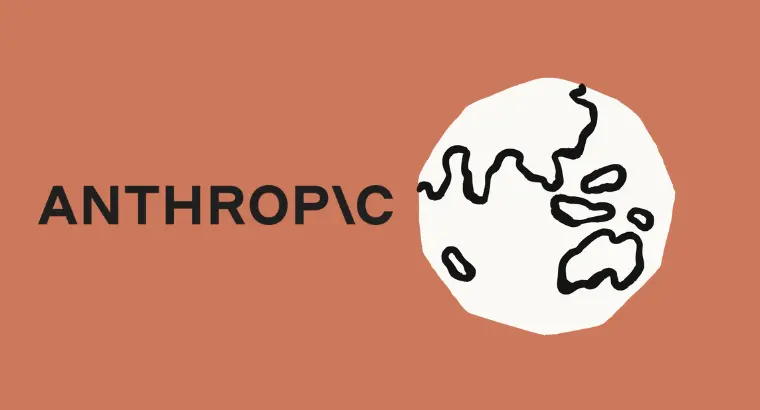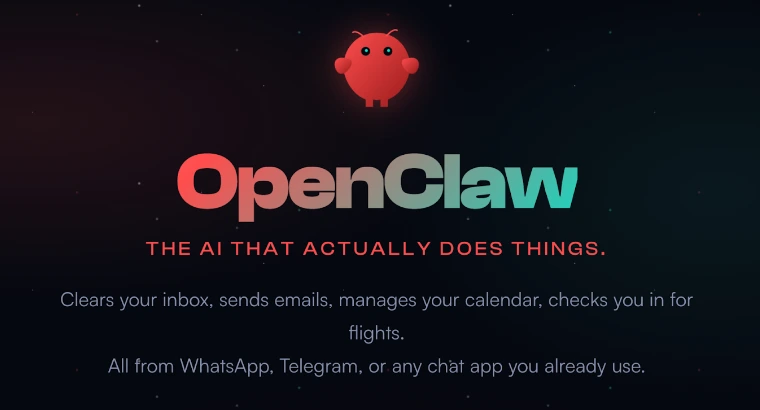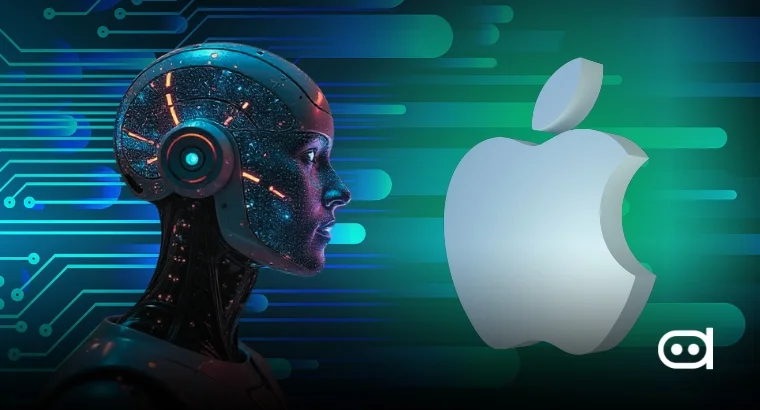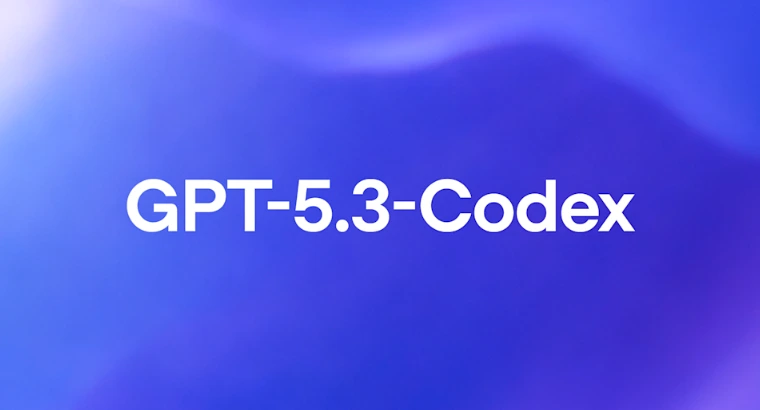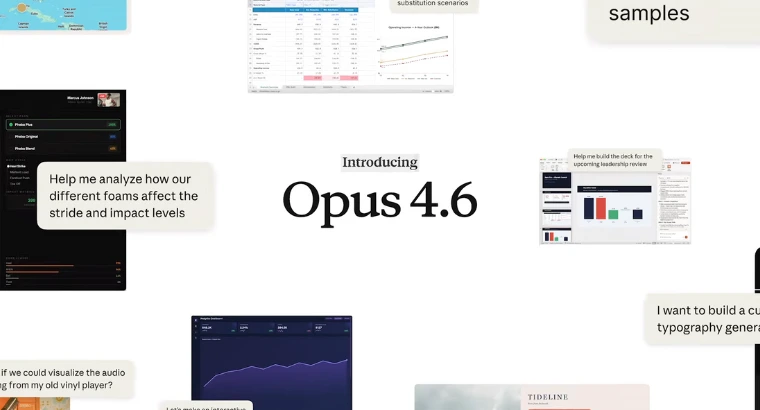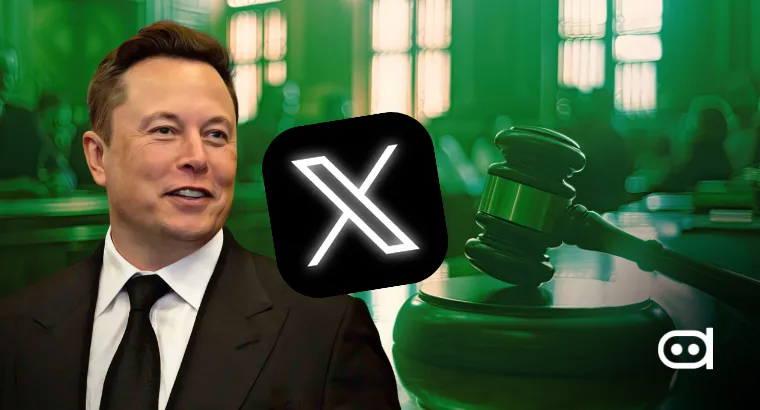
Key Highlights:
- Elon Musk’s X will appeal a Karnataka High Court decision regarding India’s content removal system.
- The dispute centers on the “Sahyog” portal, which allows police and government agencies to issue takedown orders without judicial review.
- The portal enables “arbitrary” censorship, violates due process, and infringes upon free expression rights.
- The High Court ruled that X, as a foreign corporation, is not entitled to constitutional free speech protections (Article 19) in India.
X, the social media platform owned by Elon Musk, announced Monday that it plans to appeal an Indian court ruling that upheld a government-run content removal system. The challenge marks the latest escalation in the ongoing legal battle between the platform and India, one of its largest global markets, over digital content regulation.
The appeal targets a September 24, 2025, decision by the High Court of Karnataka, which dismissed X’s petition challenging government orders to block accounts and content. X stated it is “deeply concerned” by the ruling and vowed to appeal the order “to defend free expression.”
The Controversy Over the ‘Sahyog’ Portal
At the center of the dispute is the “Sahyog” portal, an online mechanism that allows millions of police officers and state agencies across India to issue content takedown requests. Launched in late 2024, Sahyog is intended to streamline the process of removing content deemed unlawful, bypassing the existing procedural safeguards of the Information Technology Act.
X argues that the portal enables the issuance of arbitrary takedown orders without judicial review or due process for the affected speakers. The company warned that the new regime threatens platforms with criminal liability for non-compliance, effectively forcing rapid censorship.
X is deeply concerned by the recent order from the Karnataka court in India, which will allow millions of police officers to issue arbitrary takedown orders through a secretive online portal called the Sahyog. This new regime has no basis in the law, circumvents Section 69A of…
— Global Government Affairs (@GlobalAffairs) September 29, 2025
Other major global technology firms, including Google, Meta, and Microsoft, have reportedly already integrated with the Sahyog system, making X a prominent holdout against the compliance mechanism.
Court Rules X Lacks Constitutional Free Speech Rights
The Karnataka High Court’s ruling against X rested heavily on the company’s status as a foreign corporation. Justice M. Nagaprasanna, who delivered the judgment, stated that the constitutional protection for freedom of speech and expression guaranteed under Article 19 of the Indian Constitution applies only to Indian citizens, not foreign entities operating in the country.
The court also maintained that social media requires regulation to prevent a state of “anarchic freedom” and emphasized that the Sahyog portal is an “instrument of public good.” This reasoning sets a significant precedent, suggesting that foreign platforms cannot invoke fundamental rights arguments to challenge content moderation policies in the nation.
The appeal by X is expected to move the case to the Supreme Court of India, setting the stage for a major ruling that could define the scope of regulatory oversight for international tech platforms operating in the country.
